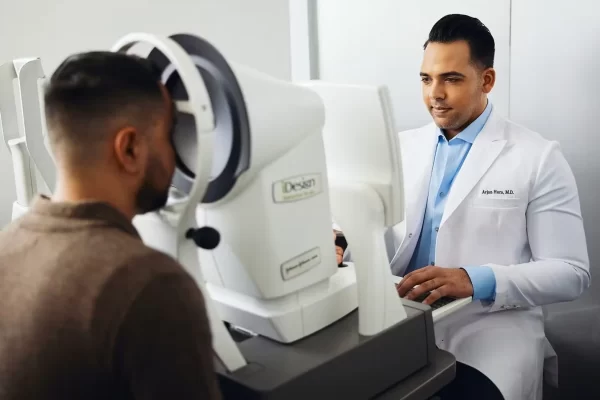Everything might be great when you buy a shiny new laptop and first take it out of the box, but over time, the experience might not be quite as good as that first day. After a few years, you might start to wonder how often you should replace your laptop. Over time, laptops can start to decline in terms of performance, battery power, and even screen quality. Unlike a desktop PC where the lifespan can often be significantly increased by adding some upgrades, the shelf life of a laptop isn’t as long due to the design.
How Often Should You Replace a Laptop?
For a budget model, you can expect a typical laptop to run well for about three years before things start to go downhill. If you have a more durable, higher-end model, then you are usually looking to get around five years of use out of it before it starts to deteriorate. By the time you have been using your laptop for a full five years, you may have already started noticing some of the signs you could be a due a replacement. If you think it’s about time you replaced your work laptop, check out these business laptops at Lenovo.
When to Get a New Laptop
Before you get to the point where your laptop has become impossible to use effectively, there are several clear tell-tale signs that it might be on the way out. Frequent stutters, lag, and slowing down is a sure sign that things aren’t going too well. You may also find that when you start your laptop, the operating system takes much longer than it used to when booting up. You may notice that there are more frequent crashes when you are running programs that used to run easily, or longer pauses when you are switching between applications or tabs. If your laptop no longer meets the minimum requirement for the next operating system upgrade, that’s a sure way to tell that it’s definitely time for a new one.
Upgrade or Replace?
In some cases, you might be able to get away with just upgrading some of the main components of the machine rather than replacing it entirely. For example, if you have an older, budget laptop that only has 2GB or 4GB of RAM, but the RAM is expandable, then upgrading it to 8GB or 16GB can help you extend the life of your device for a while. However, unlike desktop PCs, you can’t upgrade an awful lot on a laptop, and most won’t allow for swapping important components like the CPU or the motherboard. If it’s just a case of not having enough RAM, or you want to upgrade to a larger SSD, then you might be fine. However, if your laptop is showing a lot of problems, it’s more likely that these upgrades won’t fix much. (Viagra)
While laptops are designed to last several years, they don’t last forever. If you have noticed any of these signs, it might be time to think about getting a new one.





